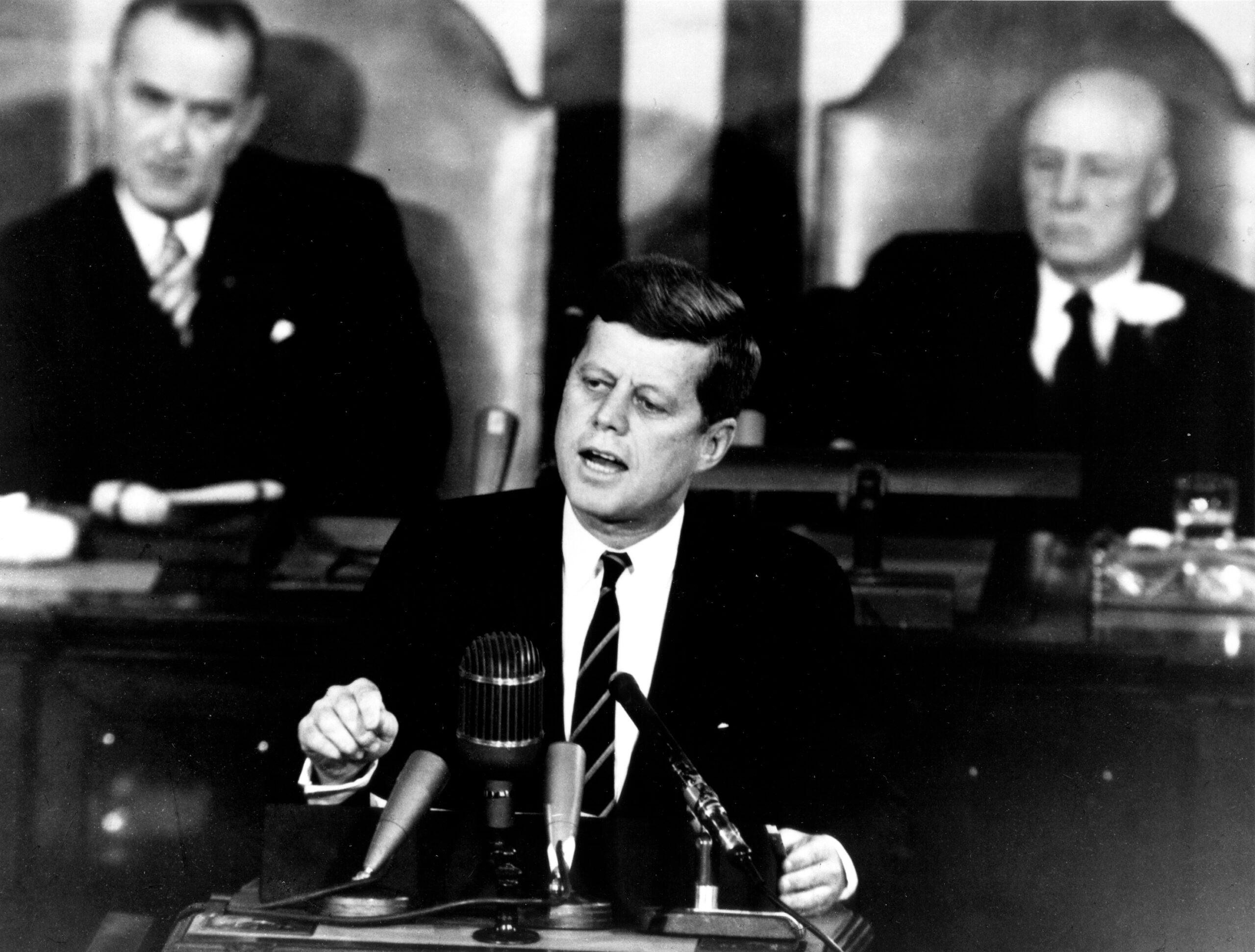What leaders do

I’ve had the privilege of working for some amazing leaders — and having helped elect a few, too. Here are some personal observations about what leaders do.
The best leader I ever worked for was George Colony, the founder and CEO of Forrester Research, where I worked for 20 years. He wasn’t perfect and I didn’t always agree with him, but we always had faith that he had analyzed the situation and was leading us in a confident and rational direction.
From observing George and many other leaders over 40 years as an adult, it’s clear to me how good leaders behave. What I am about to describe is not everything a leader must do, but it is an absolute minimum requirement. As you look to your corporate, local, and national leaders right now, ask yourself if they do these things, especially in a crisis:
1 Identify problems clearly and rationally
A leader understands what are the biggest problems facing their organization — whether that means pursuing growth, avoiding disaster, or preventing unnecessary deaths. The leader does not indulge in wishful thinking, hiding from the problem, or whining, because they know that solving the problem is their job.
2 Develop a plan
Having identified the problem, the leader sets out to solve it. This means working with others to map out the steps involved in a solution. Problems worth solving require deploying resources over time and planning for contingencies; a good leader does this. The result is a plan.
3 Sell the plan
This is where the “leading” part comes in. The leader must package up the proposed solution and sell it to the workers or constituents. There will be complaints, since the plan will require work or sacrifice. The leader’s job is to explain the plan and its benefits well enough to motivate those who must do the work or make the sacrifice, whether that means working longer hours, attempting unfamiliar tasks, fighting in a war, paying higher taxes, waiting for promised benefits, or whatever is necessary. All plans require people to change; all change requires effort and generates resistance. This is why it’s so important for the leader to sell the plan, because without the marketing job, change will not happen.
4 Persist, gather data, and adjust
The leader cannot just make a speech and move on. They must arrange to measure the accuracy of their understanding of their problem and the effectiveness of their response. Gathering data and admitting that you were wrong (or at least, that your predictions weren’t accurate) is a crucial part of addressing the challenge. So is adjusting the response. And having determined how to shift the response, the leader must once again sell the revised solution, including what was measured and how the organization will react.
Do your leaders do this?
Every CEO I have worked for has done this. Some were great, some were pretty good, but they all tried.
John F. Kennedy did this; we went to the moon and got civil rights legislation. Ronald Reagan did this; we got arms control and the fall of the Soviet Union. George W. Bush did this; we recovered from 9-11. Barack Obama did this; we recovered from the Great Recession and got the Affordable Care Act. You can argue whether these leaders conceived good plans or effectively sold them. But they identified the problem, came up with a plan, sold it, and adjusted.
In the coronavirus crisis, Andrew Cuomo did this in New York and Charlie Baker is doing it in Massachusetts. It’s not a coincidence that Massachusetts has had the best response to the virus so far — Charlie Baker had a plan, he sold it, and he is measuring the results and adjusting.
Internationally, leaders of nations from China to Vietnam to France to Canada have done this. People have died in all of those places, but one way or another, these leaders identified the problem, came up with a plan, sold it, and adjusted.
The leaders were imperfect. They recognized the problems later than they should have. The plans were flawed. The selling of the plans was hit or miss. The adjustments weren’t perfect. But they tried. This is what leaders do. It is the absolutely minimum that a leader must do.
Look to your corporate leaders, your mayors, your governors, your presidents and prime ministers.
Are they doing this?
If they aren’t, they aren’t really leaders, are they?